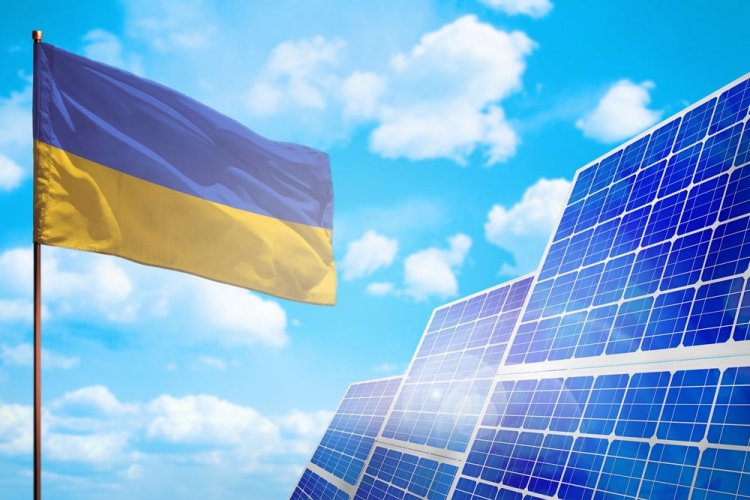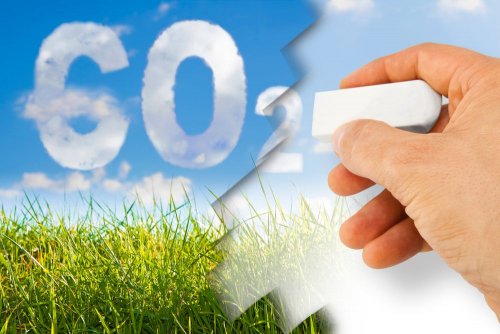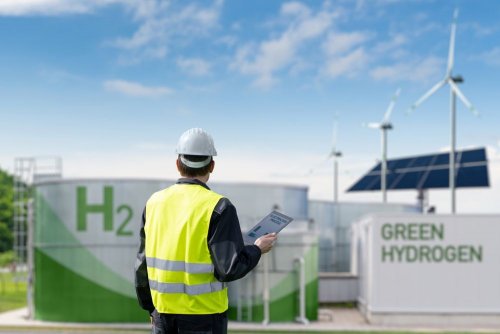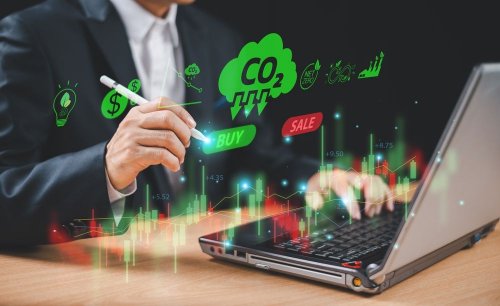Proposals for Ukraine's post-war reconstruction focus on "green reconstruction", but some technologies are still in the earlier and more expensive stages of their development - for example, the production of DRI-EAF steel.
Some sectors will have to choose, write experts David Saha, Paul Bilek, Reuven Stubbe and Manuel von Mettenheim in VoxUkraine.
They explained that a large proportion of the electricity, metallurgy, and district heating sectors inherited from the Soviet era depended on coal and natural gas, particularly in Russia.
"All this infrastructure has suffered enormous damage as a result of the Russian attack, according to the latest estimates, the damage to the infrastructure amounted to $ 105.5 billion. Despite the fact that Ukraine needs strong support in rebuilding damaged and destroyed assets, we argue that the reconstruction should not reproduce the old pre-war assets based on fossil minerals, "- said in a statement.
Replacing old power plants or metallurgical plants with new, green ones, and energy-efficient ones with modern, insulated ones, is vital for Ukraine's energy security.
Pre-war drivers of greening the economy
Even before the full-scale invasion, decarbonization was an imperative for Ukraine.
The development of renewable energy sources (RES) is increasingly being implemented around the world, and the cost of RES and production methods continues to decline compared to fossil energy. Thus, the capital costs of solar energy are lower than those of gas, and solar energy itself is free.
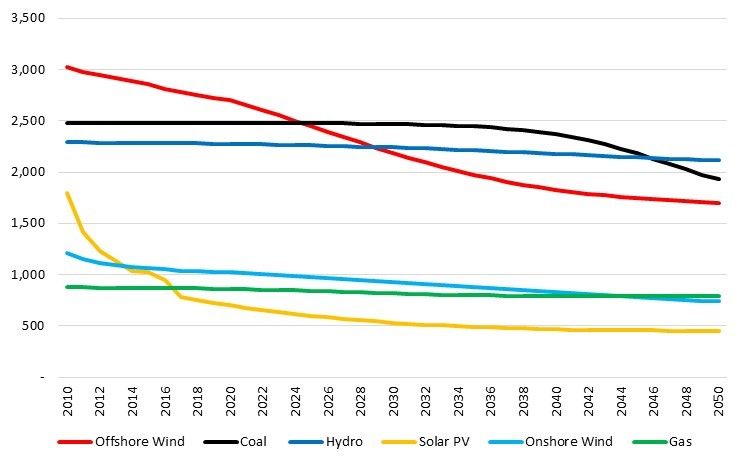
Capital costs by technology (EUR / kW)
"Although in some areas, such as industry, shipping or aviation, zero-carbon technologies are not yet in such a mature state, the continuing shift in spending towards green technologies will continue in the future - accelerated by intensified decarbonisation efforts due to the new geopolitical situation. ", - noted in the material.
Thus, thanks to the REPower EU plan, fossil fuel imports from Russia will be reduced by 66% by the end of 2022 and will be completely stopped by 2027.
In addition, some fossil fuel-based sectors of Ukraine's economy were already uneconomic before the war, including the coal industry. For example, "fair transition" plans have been developed for coal regions and energy efficiency programs have been implemented.
Ukraine has also come under considerable political pressure. The updated national contribution, an optional plan to help achieve the global goals of the Paris Agreement, called for a 65% reduction in greenhouse gas emissions in 2030 compared to 1990 and carbon neutrality by 2060. Membership in the Energy Community has also led to the implementation of further EU environmental standards, such as the Industrial Emissions Directive and the likely CBAM.
Increased pressure on decarbonization
"In the context of current geopolitical tensions, economic dependence on imported fossil fuels poses a huge price risk for any economy compared to renewable energy, which has only capital costs," the authors said.
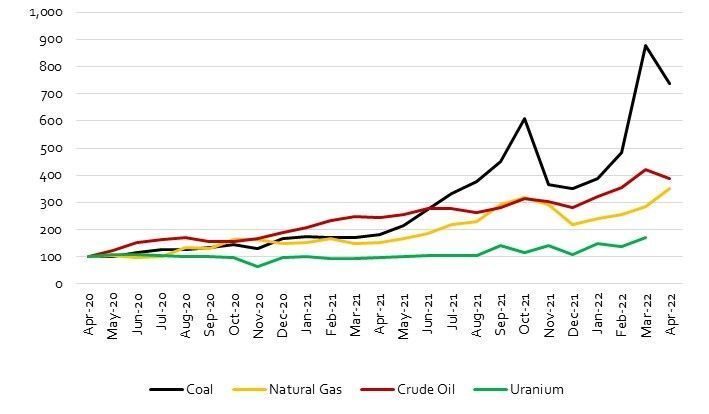
Energy price index (April 2020 = 100)
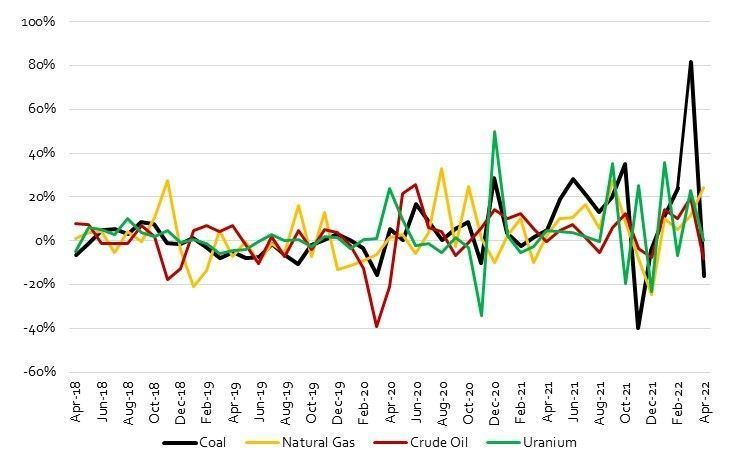
Monthly volatility of energy prices
Ukraine received about 25% of coal and 50% of oil from Russia (directly or indirectly), so maintaining dependence on fossil fuels is beyond price. However, switching suppliers, especially for natural gas, requires appropriate pipeline infrastructure.
In addition, Ukraine's accession to the EU will mean a significant strengthening of environmental policy requirements, including the introduction of the EU Emissions Trading Scheme (EU-ETS) for large polluting plants, relevant regulations (or ETS 2 under development) on emissions of smaller pollutants and a number of regulations. such as energy efficiency in buildings.
Technologies and organization of green reconstruction
"Green reconstruction is a necessity to ensure the survival and competitiveness of Ukraine's economy in the future," the article said.
It should "replace" destroyed or damaged assets associated with the old fossil economy with new technologies.
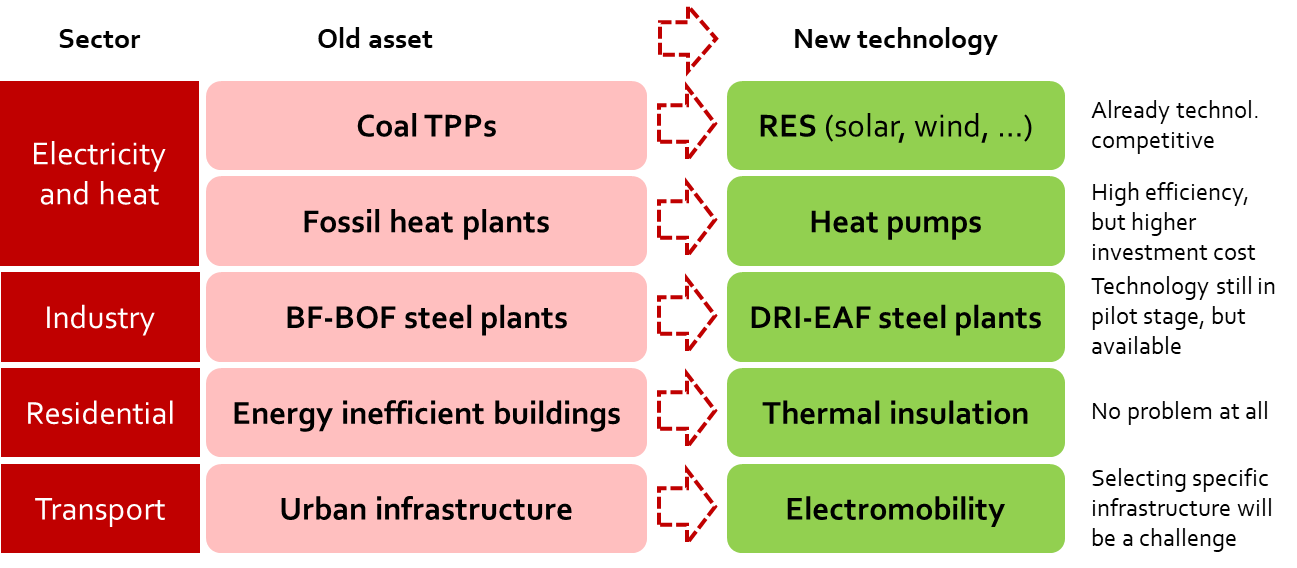
Examples of "green" options for the reconstruction of damaged / destroyed assets
The initial investment costs for green technologies will be higher than in the old ones. However, there will be savings during the asset life cycle, as energy or fuel costs are lower than in older technologies.
We will remind, experts called difficulties and prospects of "green" restoration of Ukraine after the war.
As EcoPolitica reported earlier, the US climate ambassador said that the war was in Ukraine is not an excuse for dependence on coal.

